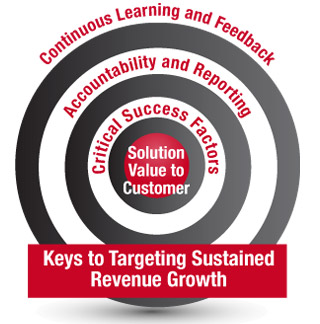After a previous LI post I published, Why Whole Foods is in a Pickle, I learned about Whole Foods interest in Conscious Capitalism.
Most business people I’ve ever worked with or for are fairly conscious of balancing the welfare of the business and the welfare of its people and other stakeholders. Without engaged employees and supportive investors there’s no business, and conversely, if the business cannot thrive to be sustainable, then there’s no enterprise to sustain a community.
At present, there’s so much policy discussion about the role of business and government regarding who is best to manage the economy for citizens. Much of the current rhetoric is not objective, and fails to see the constant experimentation and innovation that is ongoing in the marketplace.
Even a fairly mundane business such as grocery challenges itself to find relevance across a wide spectrum of communities. In the Whole Foods situation they’ve lost their way; sales and profits are down. There’s a lot of questions by investors about the future direction of the company. Customers have been disappointed.
John Mackey, co- CEO and a founder of Whole Foods, may delight consumers and investors again. According to an extensive article in Fortune 9/1/15 Mackey is giving deep thought to Conscious Capitalism. The notion is that enterprises with passion and purpose outperform. An outgrowth of this thinking is the idea of blending Nonprofit with Profit through foundation work that tie Whole Foods to its communities: Whole Cities, Whole Kids, and Whole Planet. This thinking extends to compensation and the relationship of executive pay to average wages/salaries of employees.
These efforts enhance Whole Foods brand credibility for innovation and advances its evolution in presenting new ideas about food and community that resonates with its core consumer base. This is consistent with Whole Foods founding heritage and helps the company find new pathways for product and service ideas to build growth.
Successful revenue growth is about value… NOT price. Whole Foods various stakeholders need to appreciate this as core to Whole Foods’ existence. The company’s ability to communicate and demonstrate tangible examples in practice will determine its success in executing upon Mackey’s vision. It will also require Mackey to do a good job positioning a long view of Whole Foods to shareholders so as not to be distracted by quarterly revenue/profit pressures. This tempts management to try too hard to reverse financial performance with price discounts, and ill advised brand diversification strategies a la 365.
It will be interesting to follow Whole Foods news as it goes forward to address its current challenges.
For more more growth ideas you can use view our blog at Klinge Associates.



